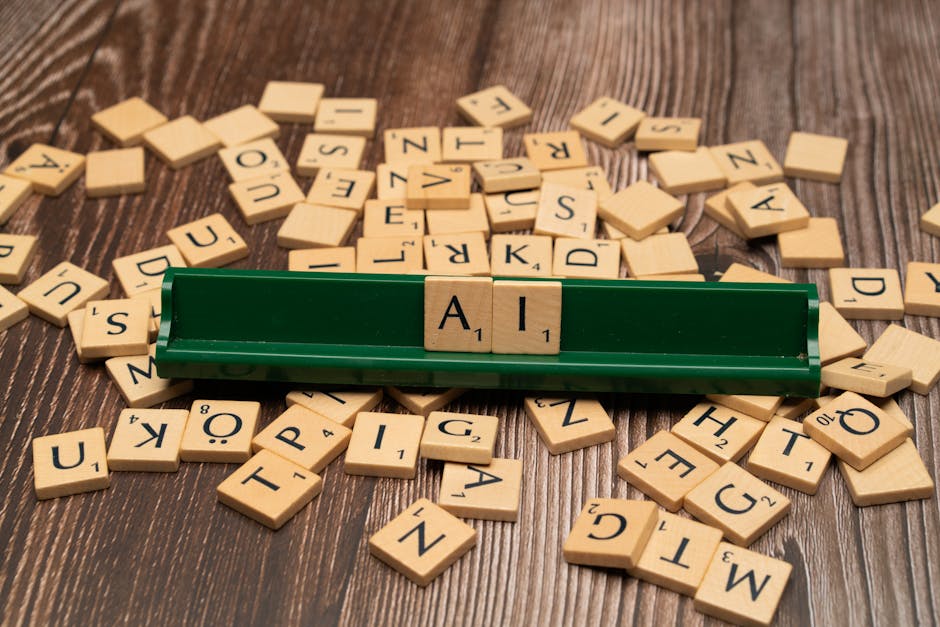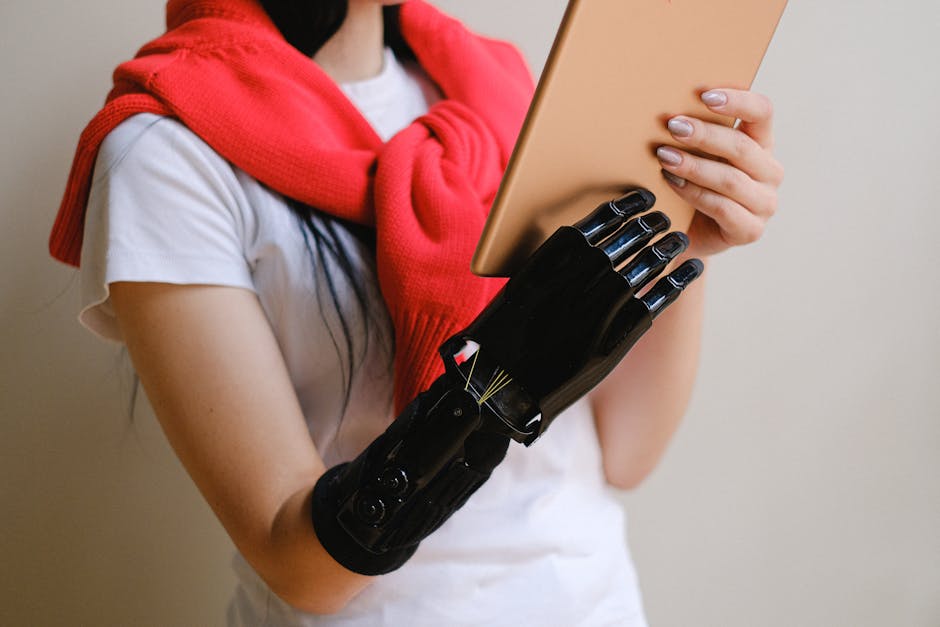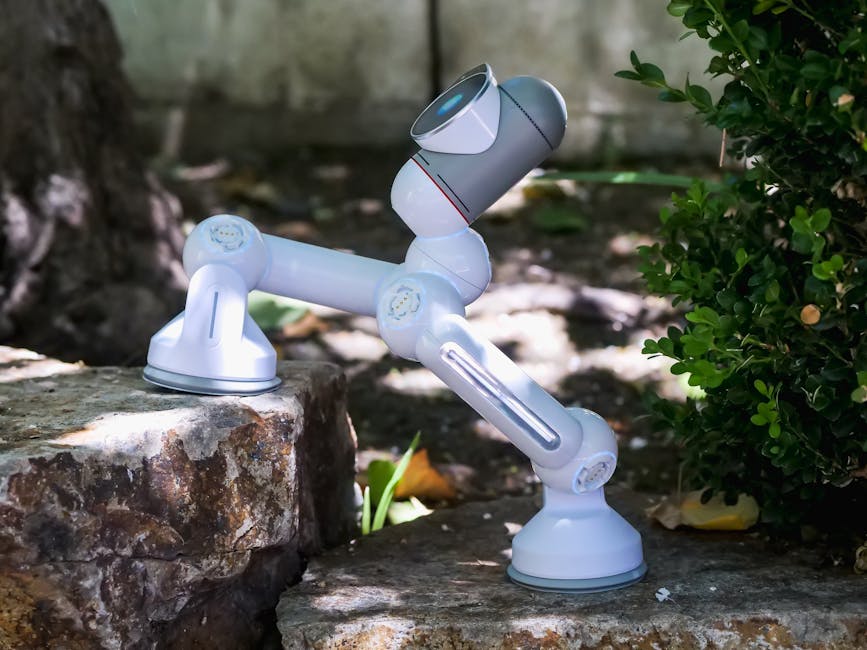The Future of AI Witnesses: Explore Legal Challenges & Opportunities
The rapid evolution of artificial intelligence (AI) is transforming various sectors, and the legal field is no exception. As we navigate through the complexities of 2025, one particularly fascinating concept is the rise of AI witnesses—algorithms and AI tools capable of participating in legal testimonies. However, this development comes with its own set of unique legal challenges and immense opportunities. Buckle up as we delve into the future of AI witnesses, providing insights that could reshape your understanding of the legal landscape.
What Are AI Witnesses?

AI witnesses refer to algorithms or systems designed to provide testimony in legal scenarios. This could range from answering questions in a courtroom to offering insights based on data analysis. Imagine an AI presenting evidence through interpreted algorithms, illustrating detailed patterns related to a case. The potential? Boundless.
One pertinent example of the AI witness concept is its application in personal injury claims. As discussed in our article on the unseen impacts of AI on personal injury claims, AI can analyze past outcomes, predict potential damages, and even simulate witness testimonies. This opens up an extensive field for examination.
The Technological Landscape of AI Witnesses

The legal system has started incorporating automated technologies to streamline processes. AI witnesses draw from existing databases and use machine learning techniques to analyze trends, predict outcomes, and even understand human emotions based on data. This evolution poses a significant question: how do we regulate such a technology that has the potential to influence crucial legal decisions?
Deep Learning and Natural Language Processing

Deep learning and natural language processing (NLP) are two cornerstones in the development of AI witnesses. Deep learning enables machines to learn from vast datasets, while NLP allows them to interpret and generate human language contextually. Taken together, these technologies empower the AI to understand complex legal terminology and jurisprudence, providing relevant responses that may mirror human inputs.
The challenge here is to ensure the AI’s understanding transcends mere word recognition. Will the AI be capable of discerning emotional nuances, such as sarcasm or stress, during courtroom interactions? The intersection of emotional intelligence and AI remains a largely uncharted territory.
Legal and Ethical Implications

As we innovate with AI witnesses, the legal framework must adapt. The freedom to present evidence derived from algorithms raises significant ethical concerns. Is relying on machines for testimony a slippery slope into dehumanizing the legal process? Many legal scholars argue it is crucial to ensure that technology supports, rather than replaces, human judgment.
The Challenge of Credibility

One pressing issue with AI witnesses is credibility. How do we determine the accuracy of the data they produce? Transparency in algorithms, especially those that learn from bias-riddled datasets, is critical. A malfunctioning algorithm could lead to severe consequences, including wrongful convictions or unjust settlements.
The challenge here reminds us of past legal transformations, as noted in our blog on harnessing emotional intelligence. Introducing evidence is more than just data—it's about the narrative it builds. Thus, ensuring that AI witnesses narrate a coherent and factual story while eliminating bias is paramount.
Opportunities for AI Witnesses

While hurdles exist, embracing AI witnesses can yield significant opportunities in legal proceedings.
Enhancing Efficiency and Accessibility

AI witnesses can accelerate the speed of trials. Traditionally, lengthy depositions and testimonies can result in prolonged waiting times for justice. An AI capable of summarizing witness statements quickly can enhance workflow and contribute to faster resolutions.
Moreover, AI's ability to process massive datasets means it could serve underrepresented communities better. Access to legal resources has been a long-standing issue. AI witnesses can provide information tailored to specific cases, democratizing complaints that otherwise might go unheard.
Automated Legal Analysis

AI-powered tools can analyze case histories more efficiently than human beings ever could. According to research from sources like Harvard Business Review, leveraging AI can lead to more accurate predictions regarding the outcomes based on previous decisions. Seeing how different courts rule under similar circumstances allows AI to advise lawyers on strategies and approaches.
The Role of Regulation and Governance

As we embrace the future, establishing comprehensive regulations around AI witnesses is non-negotiable. The balance between innovation and ethics must be carefully crafted.
Defining Scope and Usage

Regulatory bodies need to define clear guidelines regarding where and how AI witnesses can be used. Will they serve purely as tools for legal augmentation, or will they hold more significant roles in the courtroom? The legal frameworks should address these scenarios, dictating that human oversight remains a priority.
Moreover, jurisdictions must consider whether laws governing witness testimonies should extend to AI.
Next Steps in AI Witness Legislation

As the future unfolds, where do we go from here? Legal professionals must engage in ongoing dialogue about the ethical implications of AI witnesses. Legal education should include modules that teach future attorneys how to utilize AI while recognizing its inherent limitations.
Collaborative Efforts

Collaboration among technologists, legal practitioners, and ethicists is essential to strike a balance between innovation and regulation. As highlighted in our previous piece on digital pro bono ethics, addressing these challenges requires multifaceted perspectives.
Furthermore, contributions from technology companies to establish ethical guidelines can help pave the road for coexistence between AI and the legal profession.
Practical Applications: Real-World Scenarios

The integration of AI in legal procedures isn't just theory—real-world examples show promising results. Certain law firms have already begun experimenting with AI tools to handle minor cases. For instance, AI systems generate legal drafts, saving time for lawyers to focus on strategic matters.
Moreover, remote witness testimonies are gaining traction. Our exploration of the new age of digital witnesses depicts how courts adapt processes to accommodate remote testimonies, sometimes employing AI to enhance authentication.
Educational Opportunities in AI and Law

A wave of educational opportunities is emerging as intersections between AI and legal studies expand. Law schools are now offering programs focusing on technology and law where students learn about the implications of AI in legal practices. Educating current and future legal professionals about these tools is crucial for preparing them for a tech-centric legal world.
Final Thoughts
The future of AI witnesses undoubtedly holds significant potential along with substantial challenges. As we tread this uncharted territory, our approach must encompass a blend of ethics, innovation, and regulation. Engaging in conversations about the implications of AI in the courtroom, as well as continually evaluating its effectiveness, is central to ensuring that the justice system retains its integrity while evolving with technology.
As we transition into this brave new world, let's keep the conversation alive. What do you think? Are we ready to place our trust in AI witnesses, or should we proceed with caution? The future waits patiently as we ponder the balance of innovation and justice.



